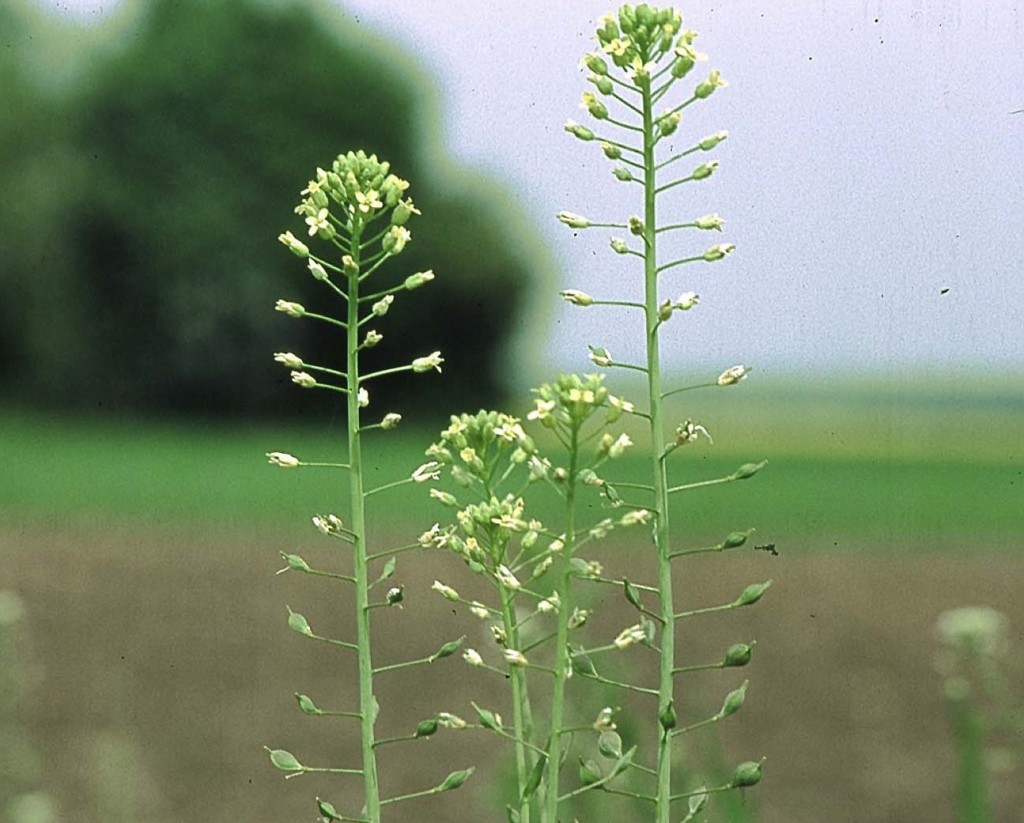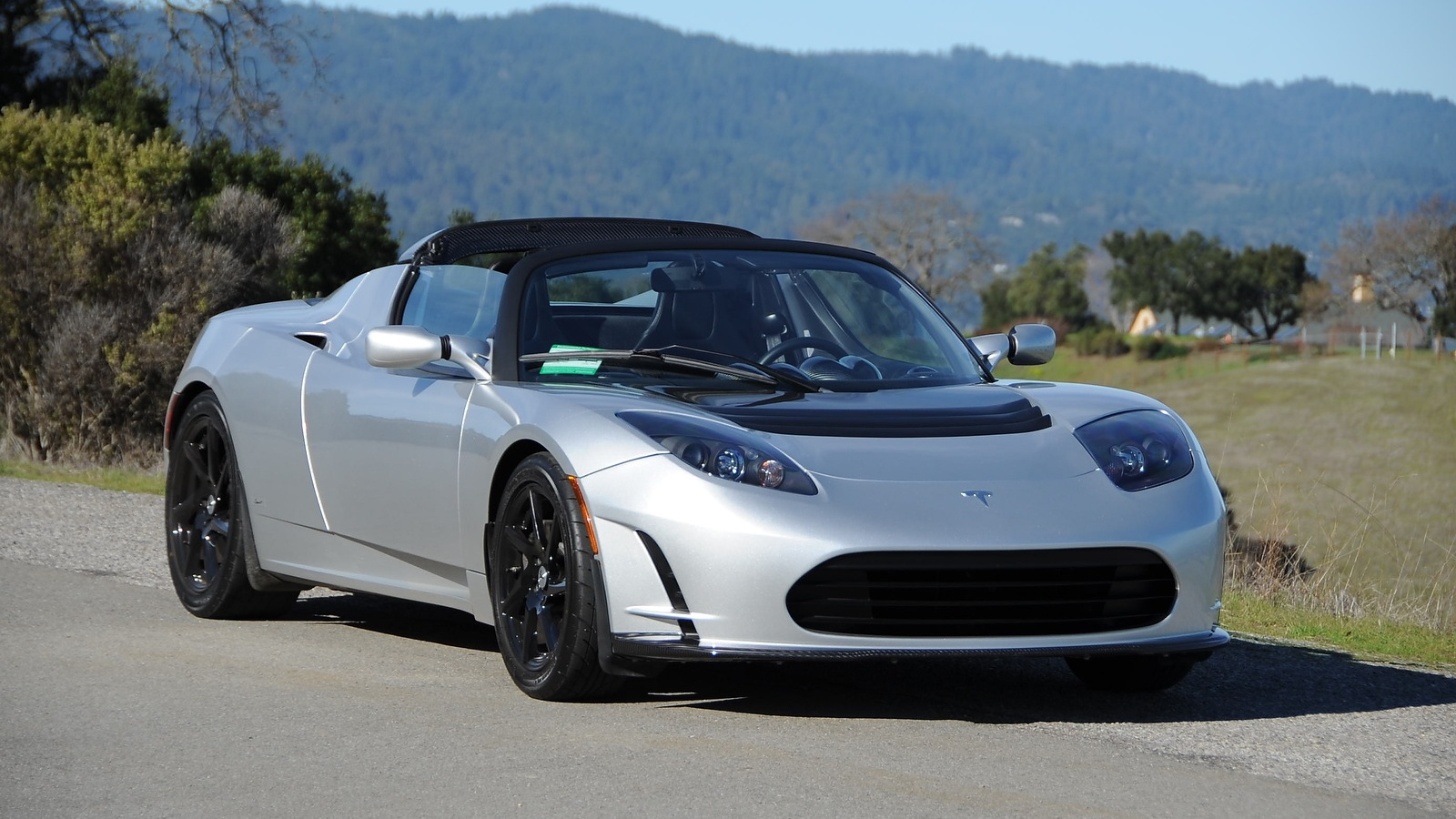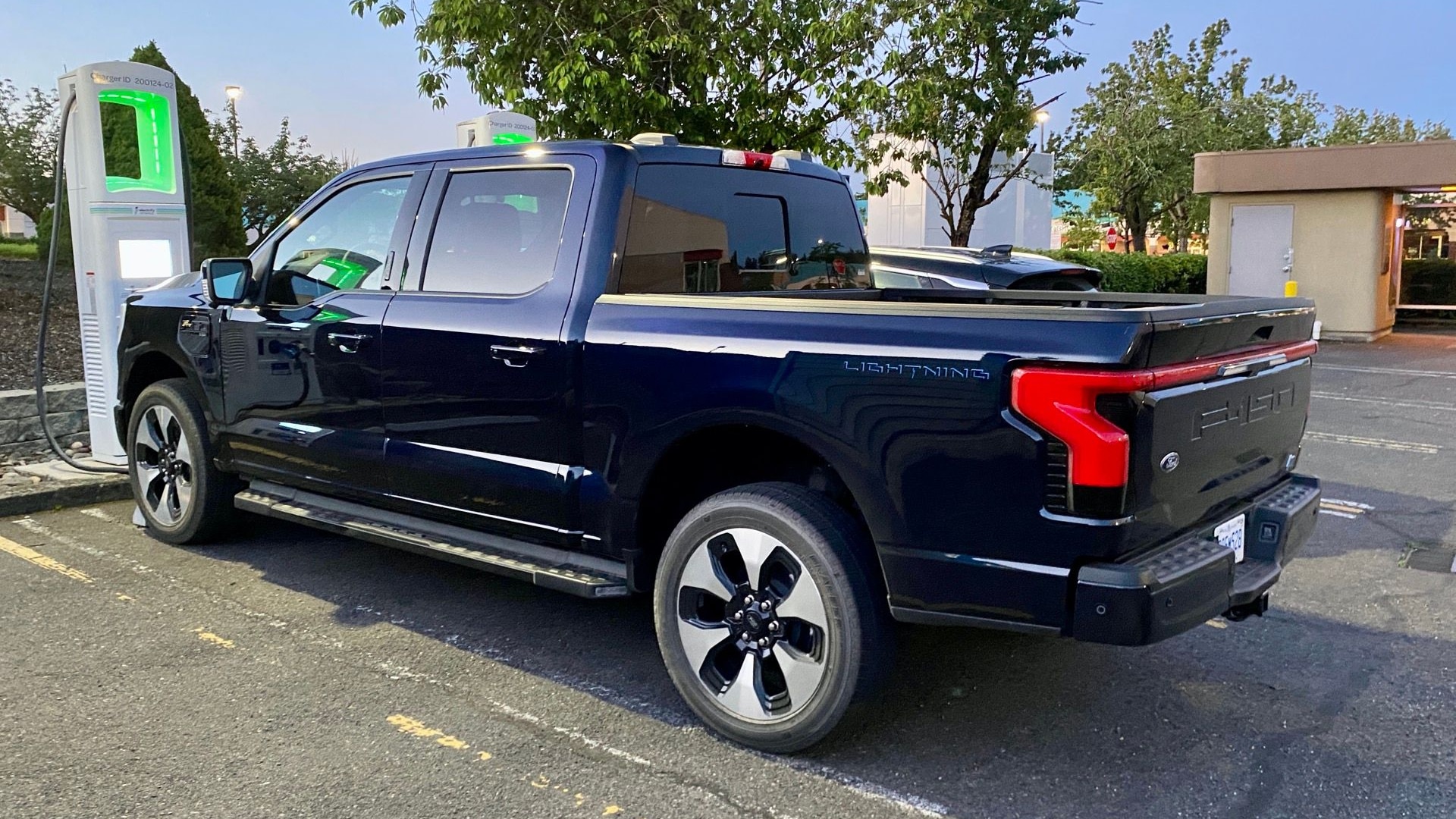Heading into another U.S. presidential election year, getting more biofuels into the U.S. gasoline supply continues to pose both political and logistical hurdles.
But researchers, regulators, and entrepeneurs increasingly see promise in synthetic diesel created from a variety of non-fossil fuel sources.
The latest news is comes from Kansas, where researchers see promise in genetically engineered crops that could solve the challenging problem of using fuel based on oil seeds in diesel engines.
DON'T MISS: Propel Renewable Diesel: Usable By Any Vehicle, Going Beyond 'Biodiesel'
That problem is viscosity, the thickness or "flowability" of a liquid fuel. Oils from seeds have much higher viscosity than today's fossil-derived diesel fuel.
In essence, cooking oil flows more slowly than diesel fuel, and the highly sophisticated pumps and injectors of modern turbodiesel engines--both for passenger cars and heavy trucks.

Freightliner Inspiration Truck self-driving truck concept
Diesel emissions standards in place in the U.S. since 2008, in fact, require pumps and high-pressure injectors that can't handle the thicker oil.
Today's latest generation of diesel engines use injectors operating at pressures that can go as high as 30,000 pounds per square inch.
ALSO SEE: Biofuels: Don't Assume They're All Carbon-Neutral, New Study Warns
According to the Topeka Capital-Journal, researchers at Kansas State University have modified the genes of a plant called Camelina Sativa to reduce the viscosity of its oil.
They did this by blending in DNA from Euonymous Alatus, an ornamental shrub known as "Burning Bush" that's labeled an invasive species in some states.

Camelina sativa eF - Licensed under CC BY-SA 3.0 via Commons
For that reason, agricultural researchers want to discourage farmers from planting the Euonymous directly. Instead, they hope to blend the much lower viscosity of its oil into the Camelina seeds.
And because Camelina isn't used as a food crop, there's little worry about any requirements for labeling the resulting oil as a Genetically Modified Organism (GMO) for human consumption.
MORE: United Airlines To Start Using Biofuel On Passenger Flights
Camelina also grows on marginally productive land, requires little water or fertilizer, and can be rotated with other row crops.
The researchers note that more research and testing will be required before they can see if the lower-viscosity oil from modified plants with actually work as diesel fuel in real-world engines.
First they must harvest enough of the modified crops to get a sufficient supply of oil. Testing could begin next year.
_________________________________________________













